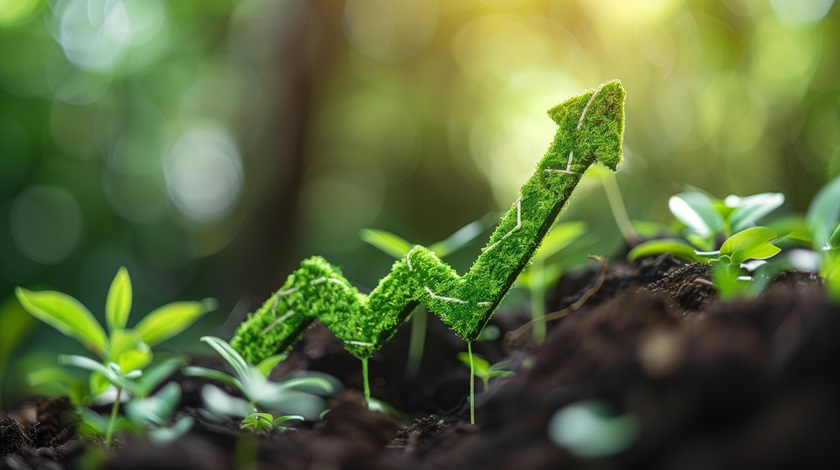

In the pursuit of a comprehensive sustainability strategy, data plays a crucial role. For global technology leader Epson, data has accelerated progress towards key environmental, social, and governance (ESG) goals, including its ambition to become carbon-negative and eliminate the use of underground resources as part of its Environmental Vision 2050.
Epson’s Southeast Asia Sustainability Report for FY2023 highlights the role of data in achieving sustainability targets and implementing policy changes. While sustainability has always been a core focus for Epson, the company recognized the need to transition from an activity-based approach to one driven by data.
In FY2023, Epson established a Sustainability Task Force to lead its strategy across Southeast Asia. The initiative began with a materiality assessment involving key stakeholders—customers, vendors, suppliers, dealers, distributors, NGOs, and service providers—to identify essential sustainability topics. This assessment helped shape concrete actions in three primary areas: promoting sustainability in a circular economy, pushing the boundaries of industry, and upholding social responsibility. These actions were then incorporated into a sustainability roadmap extending through FY2026, aligning with the United Nations Sustainable Development Goals (SDGs).
“We remain committed to our data-driven approach, ensuring that our sustainability efforts are systematically guided by the data we gather,” said Epson Southeast Asia (SEA) Regional Managing Director Siew Jin Kiat. “This methodology allows us to measure progress accurately and make informed decisions to achieve our sustainability objectives.”
Accelerating Sustainability Through Data
In FY2023, Epson made significant strides in its sustainability journey. All global Epson sites transitioned to 100% renewable electricity—a goal many companies are still aiming for by 2050, but one that Epson has already achieved due to its long-term dedication to environmental responsibility.
Epson SEA reduced its net emissions by 37% in FY2023 through the purchase of Renewable Energy Certificates (RECs). Scope 2 activities, including purchased electricity, account for 37% of Epson SEA’s emissions, which are now fully offset by RECs. Scope 3 emissions, largely from transportation and distribution, make up about 60% of the company’s emissions. Globally, Epson aims to reduce Scope 1 and 2 emissions by 34% and Scope 3 emissions by 4% by FY2025, using FY2017 as the baseline.
To meet these targets, Epson SEA is working toward achieving BCA Green Mark certification for facilities in the Philippines, Indonesia, Malaysia, Thailand, and Vietnam. This certification, already obtained in Singapore, focuses on energy efficiency, water conservation, and waste management through facility retrofits.
Reducing Waste and Advancing Social Impact
Epson has also made significant progress in its waste reduction efforts. The company has phased out plastic bottles in all Southeast Asia offices and aims to eliminate single-use plastics by 2025. Some Epson offices have initiated recycling programs that transform empty ink bottles and cartridges into usable products.
In the Philippines, Epson’s Corporate Waste Collection Program has repurposed 200 kilograms of recyclables into school chairs for public schools and other household items. This program, which began in Davao, is expanding to Metro Manila and other regions. Similar initiatives are being implemented in other Southeast Asian markets, where customers can return used cartridges for proper recycling.
Epson ensures that its suppliers align with the company’s sustainability values. In FY2023, 160 out of 454 new suppliers in Southeast Asia were screened using environmental criteria to ensure responsible practices.
“At Epson, environmental stewardship is deeply embedded in our Corporate Purpose: Our philosophy of efficient, compact, and precise innovation enhances lives and creates a better world,” said Siew. “Together with our employees and partners, we are making meaningful strides toward a sustainable future, reaffirming our commitment to the environment and society.”







